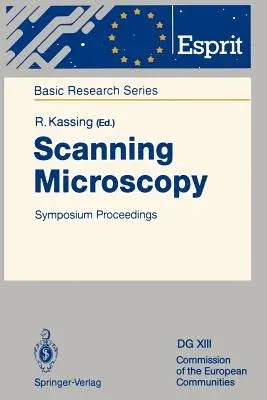Scanning Microscopy: Symposium Proceedings (Softcover Reprint of the Original 1st 1992)Paperback - Softcover Reprint of the Original 1st 1992, 9 February 2012

Qty
1
Turbo
Ships in 2 - 3 days
In Stock
Free Delivery
Cash on Delivery
15 Days
Free Returns
Secure Checkout
Part of Series
Esprit Basic Research
Print Length
207 pages
Language
English
Publisher
Springer
Date Published
9 Feb 2012
ISBN-10
3642848125
ISBN-13
9783642848124
Description
Product Details
Book Edition:
Softcover Reprint of the Original 1st 1992
Book Format:
Paperback
Country of Origin:
NL
Date Published:
9 February 2012
Dimensions:
23.39 x
15.6 x
1.19 cm
ISBN-10:
3642848125
ISBN-13:
9783642848124
Language:
English
Location:
Berlin, Heidelberg
Pages:
207
Publisher:
Series:
Weight:
317.51 gm

